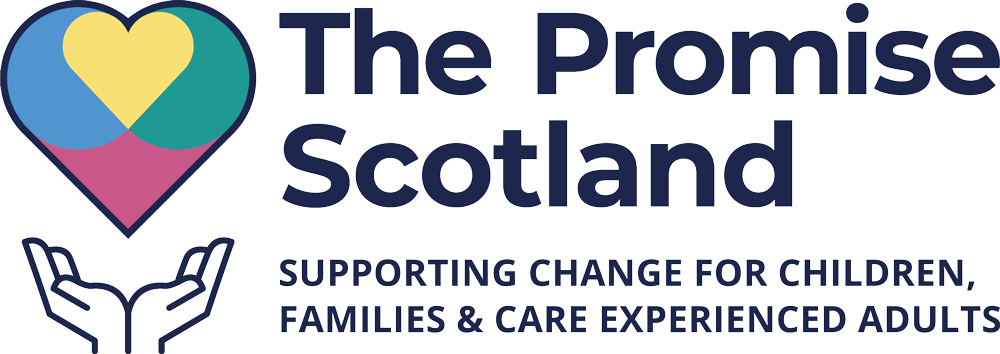Statement: The Promise Scotland response to restrictive practice statistics from the Care Inspectorate
Following the release of the Care Inspectorate's statistical bulletin on restrictive practice in 2024, Fraser McKinlay, chief executive of The Promise Scotland, said:
The promise is clear that Scotland must strive to become a nation that does not restrain its children.
These latest stats show there were still over 6000 incidents of restraint, and it’s important to understand why these happened and to take learning from them.
While there was a small decrease in the use of restraint compared to last year (1.1 per cent), there was a more significant reduction in seclusion (30.2%).
The restrictive practice stats from the Care Inspectorate have been implemented after the promise called for all restraints and uses of seclusion to be recorded. Statistics alone can never tell the whole story as every number is a child or young person. But they can help improve understanding and monitoring progress to stopping its use.
The publication of these stats follows a call for evidence on the Restraint and Seclusion in Schools (Scotland) Bill, an important step in ending restraint in schools, which The Promise Scotland supports.
Together, these can help Scotland in creating an environment which actively reduces the likelihood of restraint, responds appropriately to individual children in crisis and protects children’s rights.
Response: Call for Views on Restraint and Seclusion in Schools (Scotland) Bill
The Promise Scotland's response to call for evidence on Daniel Johnson MSP's Members Bill on restraint.
About the author

Fraser McKinlay
Chief Executive
Fraser has been Chief Executive of The Promise Scotland since September 2022. Prior to that, he spent 16 years working for Audit Scotland, including ten years as Controller of Audit and Director of Performance Audit and Best Value.
Before joining Audit Scotland, Fraser was a public services consultant in Edinburgh and London. He specialised in leadership, change management, facilitation and process improvement.
Fraser is committed to systems change, focusing on how public money is spent more effectively to enable better lives for children, young people, care experienced adults, families, and communities.
